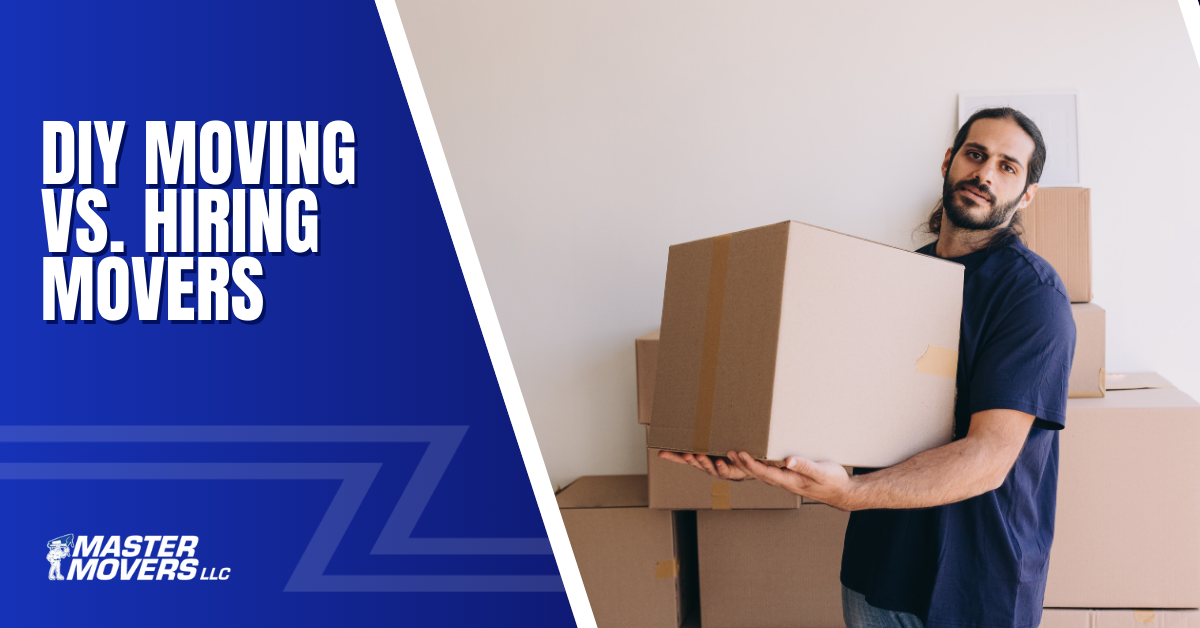How Much Should You Save Before Moving into an Apartment?
nick • September 6, 2023

So, you've decided to take the plunge and move into your apartment. That's exciting! But before you start picking out furniture and imagining your new life, there's a crucial question you need to answer: How much money should you save before making the move? This blog post aims to provide a comprehensive guide on all the costs involved in
apartment living
, from upfront costs to monthly expenses and even some hidden fees you might have yet to consider.
Why You Need to Save Before Moving into an Apartment

Renting an apartment is about more than just paying the monthly rent. There are several upfront costs and ongoing expenses to consider. You can make ends meet with adequate savings and avoid unexpected financial challenges.
When you decide to rent an apartment, you'll encounter several upfront costs:
Beyond the obvious expenses, there are other costs associated with moving into an apartment:
To determine how much you should save, consider the following breakdown:
The Reality of Upfront Costs
- First month's rent: This is a given. Most landlords require the first month's rent upfront.
- Last month's rent: Some landlords might ask for the previous month's rent in advance as a security measure.
- Security deposit: This usually equals one month's rent and covers any potential damages to the apartment.
- Application fees: These fees cover processing your rental application and background checks.
Hidden Costs You Might Overlook
- Utilities: Depending on the rental agreement, you might be responsible for utility bills such as water, electricity, and wifi.
- Furniture and household items: If your apartment needs to be furnished, you must budget for essential items.
- Moving expenses: Whether hiring a professional mover or renting a moving truck, there are costs associated with physically moving your belongings.
How Much Should You Save?
Note: These are estimated costs and can vary based on location, apartment size, and individual preferences.
Budgeting is crucial when planning to rent an apartment. Here's how you can effectively budget for your move:
There are several areas where you can save money when moving into an apartment:
Your credit score plays a crucial role when renting an apartment. Landlords use your credit score to gauge your financial reliability. A higher credit score can increase your chances of securing an apartment and result in lower deposits or special offers.
An emergency fund acts as a financial safety net, ensuring you can cover unexpected expenses without going into debt. Aim to have at least three months of living expenses in your emergency fund.
Having a roommate can significantly reduce your living expenses. Sharing costs like rent, utilities, and groceries can make living in an apartment more affordable. However, ensure you choose a roommate you're compatible with to avoid potential conflicts.
Before moving into an apartment, ensure you have a steady job and a reliable income stream. This will give landlords confidence in your ability to pay rent consistently and on time.
Budgeting Strategies for a Smooth Move
- Determine your monthly income: Before setting a budget, you must know how much you earn. Consider all sources of income, including your salary, side hustles, and any other regular income streams.
- List down all monthly expenses: This includes rent, utilities, groceries, transportation, and personal expenses.
- Set aside savings: Aim to save at least 20% of your monthly income . This will help cover unexpected costs and ensure you have a financial cushion.
- Monitor and adjust: Regularly review your budget and adjust as necessary. If you must consistently spend more money in one area, look for ways to cut back.
Cutting Corners: Where Can You Save?
- DIY moving: Instead of hiring professional movers, consider a DIY move with the help of friends and family.
- Second-hand furniture: Look for quality second-hand furniture or hand-me-downs to furnish your apartment.
- Utility bundles: Some providers offer bundled services, which can be more cost-effective than individual services.
The Role of Credit Scores in Renting an Apartment
Emergency Funds: Your Financial Safety Net
The Pros and Cons of Having a Roommate
Job Stability and Income Streams
Additional Tips for Financial Preparedness
- Negotiate rent and lease terms: Feel free to negotiate with landlords or property managers. You might secure a better deal or additional perks.
- Renters' insurance: Consider getting renters' insurance to protect your belongings from theft, fire, or other damages.
- Legal aspects: Familiarize yourself with tenant rights and lease agreements to ensure you're covered.
Hiring Apartment Movers Vs. DIY Moving

Deciding between hiring apartment movers and making a DIY (Do-It-Yourself) move depends on several factors, including your budget, time constraints, the amount of stuff you have, your physical ability, and your comfort level with handling the logistics of a move. Here's a comparison of the two options to help you make an informed decision:
Hiring Apartment Movers:
Pros:
Cons:
Pros:
Cons:
Ultimately, choosing between hiring apartment movers and doing it yourself comes down to your circumstances and priorities. Professional movers might be better if you value convenience and efficiency and are willing to budget for it. On the other hand, if you have the time, physical capability, and desire to save money, a DIY move can be a viable option.
Before deciding, carefully consider your specific needs, budget, and the complexity of your move. Additionally, weigh the pros and cons of each option to determine which one aligns best with your situation.
Renting an apartment is a significant financial commitment. By understanding the costs involved and effectively budgeting, you can enjoy your new apartment without financial stress. Remember, preparation is critical; the more informed you are, the smoother your move will be. Note: Always seek professional financial advice tailored to your circumstances before making financial decisions.
Pros:
- Convenience: Professional movers handle most moving aspects, including packing, loading, transportation, and unloading. This allows you to focus on other parts of your move.
- Efficiency: Movers have the experience and equipment to handle your belongings efficiently, reducing the risk of damage.
- Time-Saving: Hiring movers can significantly speed up the moving process, especially for long-distance moves.
- Reduced Physical Strain: You don't have to do the heavy lifting, which can prevent injuries and reduce physical stress.
- Insurance Coverage: Reputable moving companies typically offer insurance coverage for your belongings in case of damage or loss during the move.
Cons:
- Cost: Professional movers can be expensive, especially if you require additional services like packing and unpacking.
- Less Control: As movers handle most of the process, you have less control over the process.
- Scheduling: You may need to work around the availability and schedule of the moving company.
DIY Moving:
Pros:
- Cost Savings: DIY moving is usually cheaper since you won't have to pay for professional movers.
- Full Control: You have complete control over every aspect of the move, from packing to loading and unloading.
- Flexibility: You can move at your own pace and on your schedule.
- Minimal Risk of Damage: Since you're handling your belongings, you may take extra care to ensure they're packed and transported safely.
Cons:
- Physical Effort: DIY moving can be physically demanding, especially for larger households or long-distance moves.
- Logistics: Planning and executing a move can be complicated, involving renting a truck, getting packing materials, and coordinating the entire process.
- Time-Consuming: Moving on your own can take a lot of time and effort, which may not be feasible if you have a busy schedule.
- Risk of Damage: Without professional expertise and equipment, there's a higher risk of damage to your belongings during the move.
- Stress: A DIY move's logistics and physical demands can be stressful and overwhelming.
Ultimately, choosing between hiring apartment movers and doing it yourself comes down to your circumstances and priorities. Professional movers might be better if you value convenience and efficiency and are willing to budget for it. On the other hand, if you have the time, physical capability, and desire to save money, a DIY move can be a viable option.
Before deciding, carefully consider your specific needs, budget, and the complexity of your move. Additionally, weigh the pros and cons of each option to determine which one aligns best with your situation.
Renting an apartment is a significant financial commitment. By understanding the costs involved and effectively budgeting, you can enjoy your new apartment without financial stress. Remember, preparation is critical; the more informed you are, the smoother your move will be. Note: Always seek professional financial advice tailored to your circumstances before making financial decisions.



